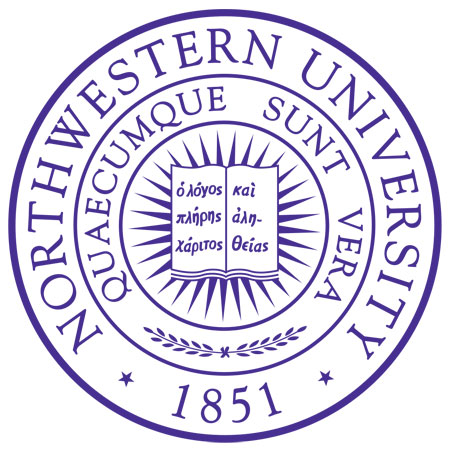Scaling up in energy research is a known challenge. Typically, prototypes are on the lab scale, and moving to larger capacity is cost prohibitive. Much work in the field of solar fuels is still in the research phase focused on the fundamentals and mechanisms of various aspects of a specific system. When industry looks at the solar fuels field they are confronted with the intrinsic lab scale of such a young field. In this, they often comment that the technology is too young, and has too far to go for a “solar fuel” to be feasible.
This is the push back many fields see when they are on the cusp of an innovation break through – it’s what’s known as the “valley of death” for very early stage technology. From the automobile industry to computers, there have been plenty of critics and doubters. Where would we be if the auto industry had listened to Scientific American back in 1909? What if the cumbersome nature of punch cards and building size processors stopped the evolution of the personal computer?
Moving forward and providing a place for others to innovate and invent allowed both the automotive industry and computers to become integral, if not essential, pieces of our lives.
In 2016, SOFI will begin construction on the SOFI Demonstration Project. We have come to call this venture the SOFI Demo Project, and for our Members, this post has been a long awaited announcement. Working with both our academic and industrial partners, SOFI will build, source, and assemble a modular system that incorporates: a renewable energy/heat source, a CO2 capture method, and a hydrogen source, culminating with a hydrocarbon product. The modular nature of the system allows for the SOFI Demo Project to evolve, merge, or be replaced by new breakthrough technologies over time.
While the ultimate goal is the modular system that utilizes a renewable energy source to capture and convert CO2 in to methanol, there are multiple phases of development.
- Phase 1: CO2 to methanol (CH3OH)
- Phase 2: H2 from water splitting
- Phase 3: Renewable energy incorporation
- Phase 4: CO2 direct air capture
Significant federal funding is going towards many of the research areas that make up solar fuels (light capture, catalysis, etc.) but insufficient funding is focused on combining all the existing technologies. Research efforts directed at
- Exposing integration risks & challenges
- Identifying synergies between siloed technologies & sciences
- Providing the community with performance data
- Creating a baseline for full-scale design
are essential to moving technology from the lab bench to the commercial sector. SOFI’s Demo Project is more than a prototype, it will address the issues above by being a source of information on the various risks & challenges, as well as providing performance data from a complete system to the solar fuels community at large.
 Work on Phase 1 will commence this spring at Northwestern University,a founding Core Member of SOFI. Prof Justin Notestein, from Northwestern’s McCormick School of Engineering, and Alex Grant, a graduate student in Prof Notestein’s group, will work on developing the CO2 to methanol module. Look for updates on the progress of SOFI’s Demo Project: Phase 1 in SOFI’s blog.
Work on Phase 1 will commence this spring at Northwestern University,a founding Core Member of SOFI. Prof Justin Notestein, from Northwestern’s McCormick School of Engineering, and Alex Grant, a graduate student in Prof Notestein’s group, will work on developing the CO2 to methanol module. Look for updates on the progress of SOFI’s Demo Project: Phase 1 in SOFI’s blog.
Throughout the building process of the SOFI Demo Project we will share information on performance metrics, challenges, and solutions, working to provide the community with a baseline for designing integrated systems capable of creating a carbon neutral fuel from renewable energy sources.
We look forward making the SOFI Demo Project accessible to the solar fuels community. Let us know if you have ideas on the various challenges the Demo Projects will face or thoughts on how you could contribute to the SOFI Demo Project.
This is simply version one.

